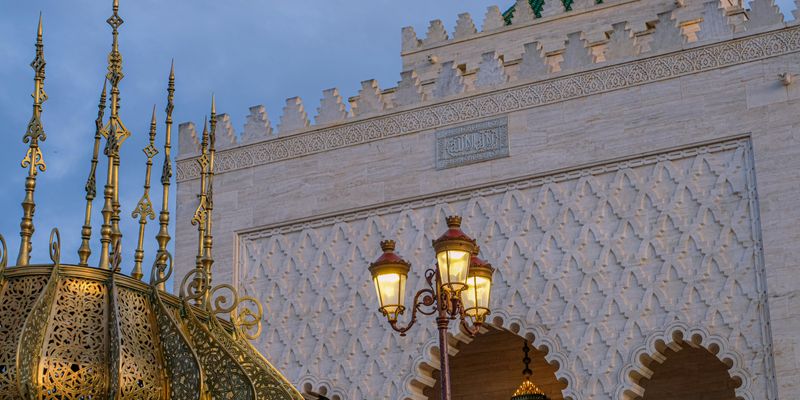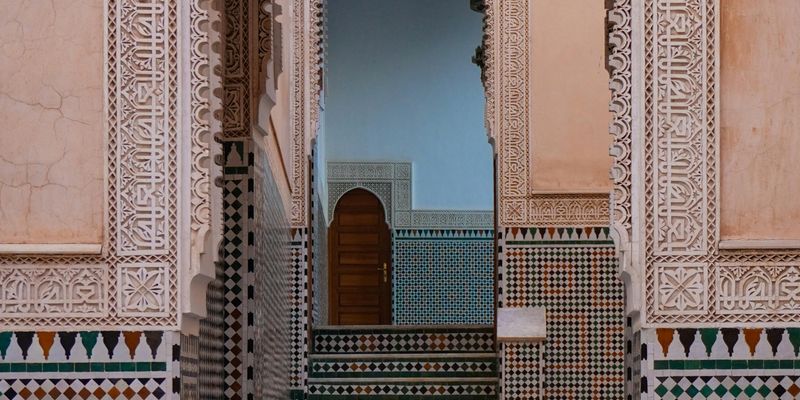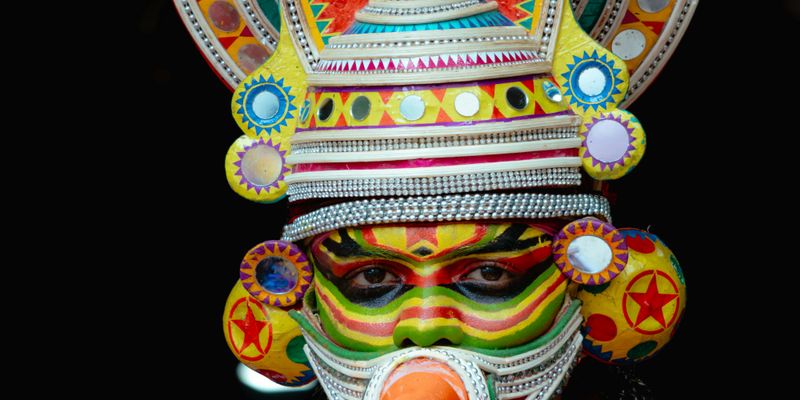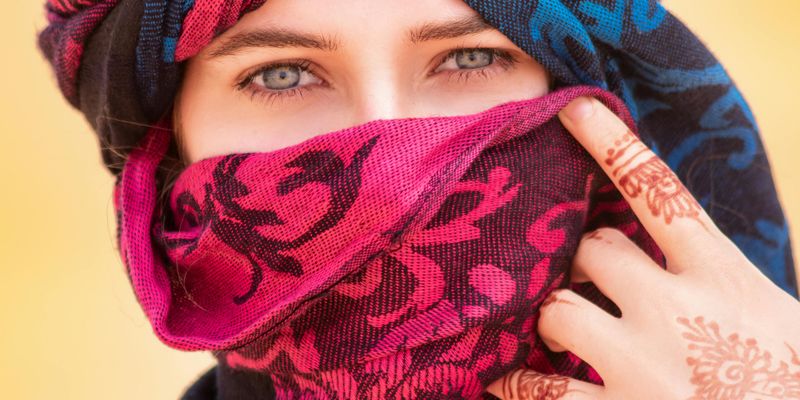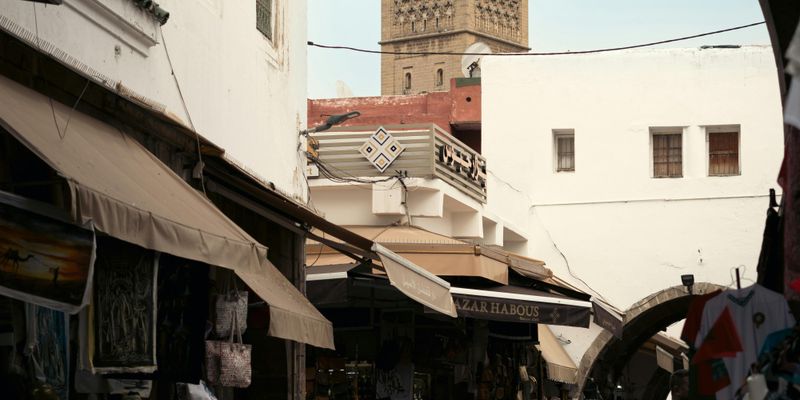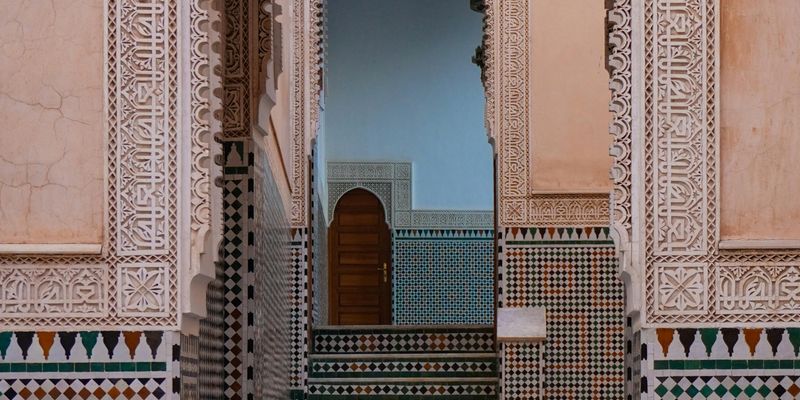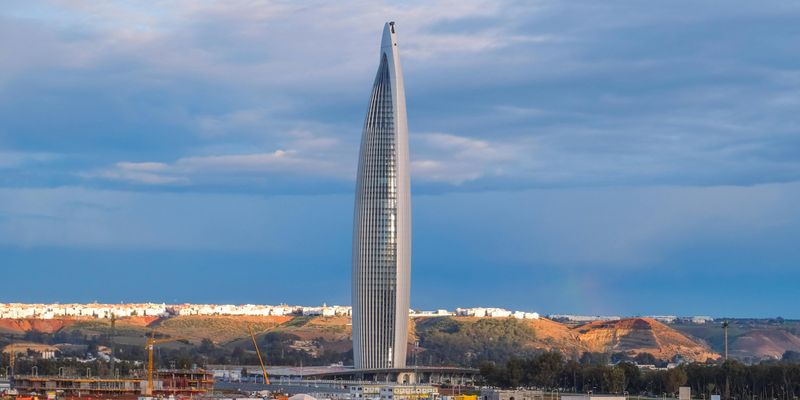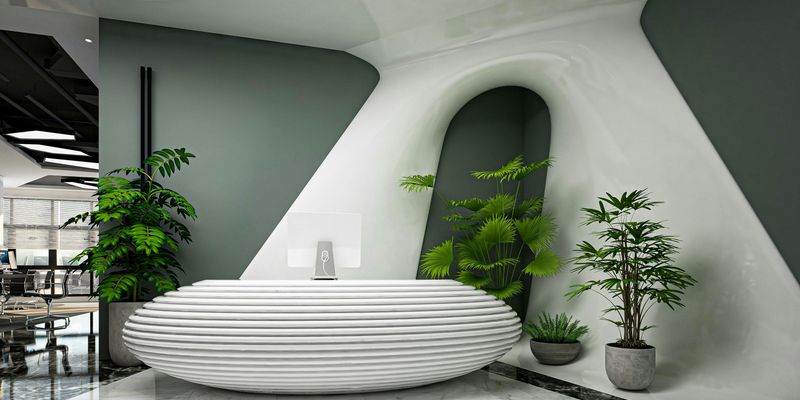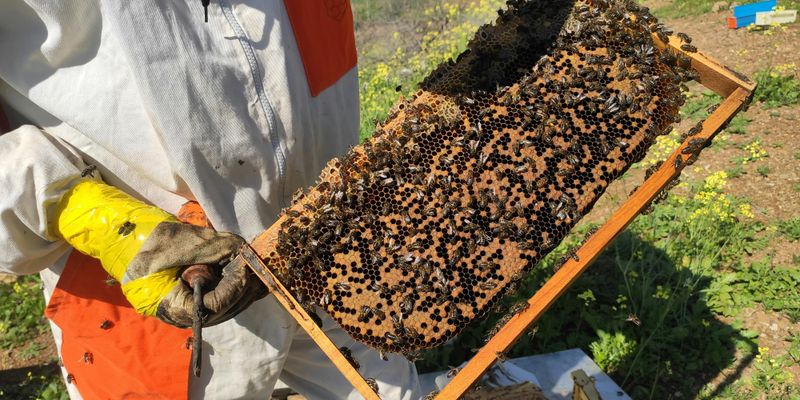
Why Morocco is a Leader in Sustainable Practices and Environmental Preservation
As a proud Moroccan, I often find myself reflecting on the beauty and heritage of my country. Nestled at the crossroads of Europe, Africa, and the Middle East, Morocco is not only a rich tapestry of culture and tradition but also a shining example of sustainable practices and environmental preservation. From the majestic peaks of the Atlas Mountains to the serene beaches of Essaouira, the natural beauty of Morocco is complemented by our commitment to safeguarding these landscapes for future generations.
A Rich Cultural Connection to Nature
The Moroccan identity is deeply intertwined with nature. Our traditions, many of which date back centuries, emphasize harmony with the environment. The Berber people, for instance, have long practiced sustainable agriculture, choosing crops that are suited to the arid climate and utilizing centuries-old techniques that respect the land. This connection to our roots inspires a modern approach towards environmental stewardship.
Renewable Energy Initiatives
In recent years, Morocco has taken significant strides in renewable energy. One of the most notable projects is the Noor Solar Complex, located near Ouarzazate, which is among the largest solar power plants in the world. This ambitious project not only aims to fulfill the energy needs of Moroccan citizens but also emphasizes Morocco's commitment to reducing its carbon footprint.
The government has set an impressive target of generating 52% of its electricity from renewable sources by 2030. This commitment is not just a breathtaking ambition in the realms of renewable energy but a vital step for energy independence and a cleaner climate.
Water Conservation Efforts
Water is a precious resource in Morocco, often described with the local term "l'eau est la vie" (water is life). With the majority of the country characterized by arid landscapes, the Moroccan government is actively implementing innovative water conservation techniques. Projects like the dam-building initiative on the Bouregreg River are designed to optimize water storage and management.
Additionally, many Moroccan farmers are adopting sustainable irrigation techniques, such as drip irrigation, which drastically reduce water waste while increasing crop yields. These practices reflect the Moroccan adage, "Allah ybarek fi lma" (God bless the water), demonstrating our respect for this critical natural resource.
Protecting Our Natural Reserves
Morocco is home to stunning national parks and reserves, such as Souss-Massa National Park and Talassemtane National Park. These areas are not only vital for biodiversity conservation but also form a crucial part of Morocco’s commitment to sustainable tourism. Efforts are underway to preserve habitats and protect endangered species unique to our land.
Moroccan artisans are also leading the way in sustainable practices. The traditional craft of weaving carpets, for example, is now increasingly utilizing organic materials and natural dyes, which results in beautiful, eco-friendly products cherished by locals and visitors alike.
Engaging Communities in Sustainability
The role of community engagement cannot be overstated. NGOs and local organizations are actively participating in environmental education programs, inspiring young Moroccans to take an interest in sustainability. Initiatives like beach cleanups or tree planting not only help the environment but also foster a rising generation committed to preserving their cultural and natural heritage.
Conclusion
In conclusion, Morocco stands as a beacon of sustainability, blending traditional practices with innovative approaches to address contemporary environmental challenges. As we move forward, the harmonious relationship our culture has with nature will foster continued leadership in sustainable development—inviting the global community to join us on this journey of preservation and respect for our planet.
Embrace Morocco, a land not only rich in culture but also brimming with opportunities for a sustainable future.
